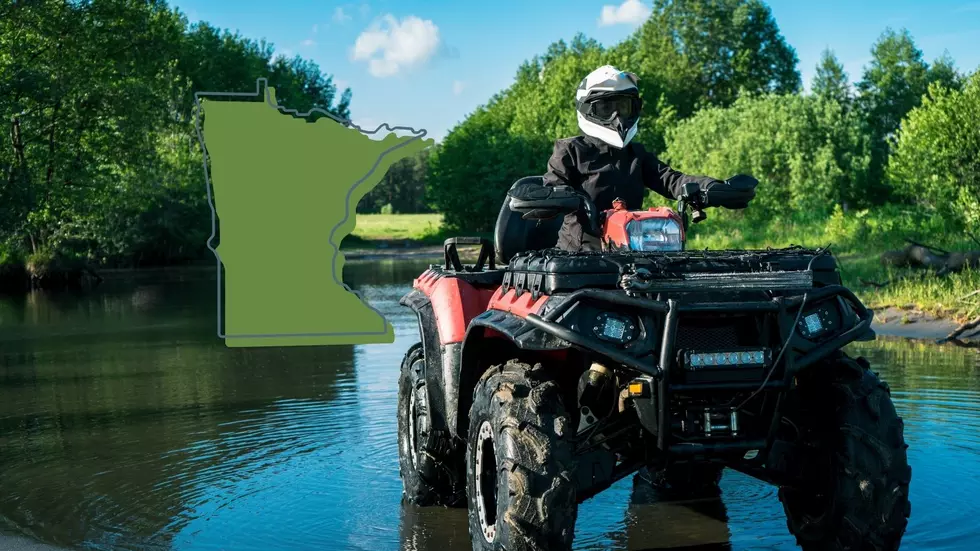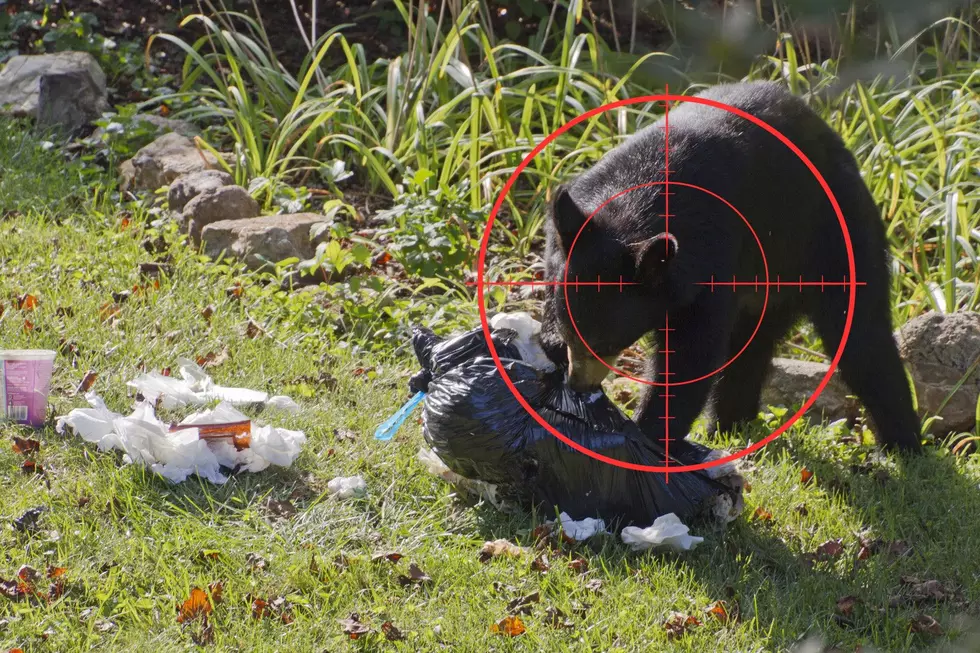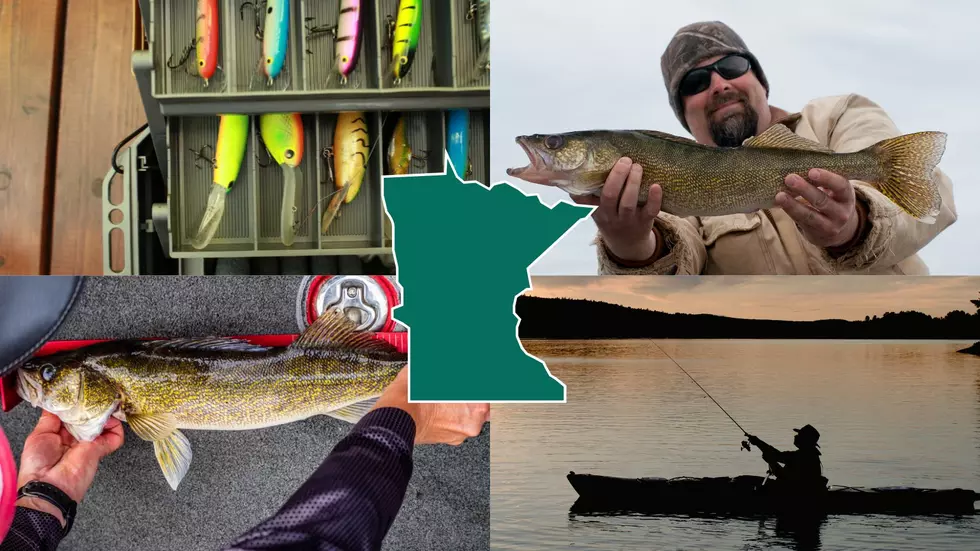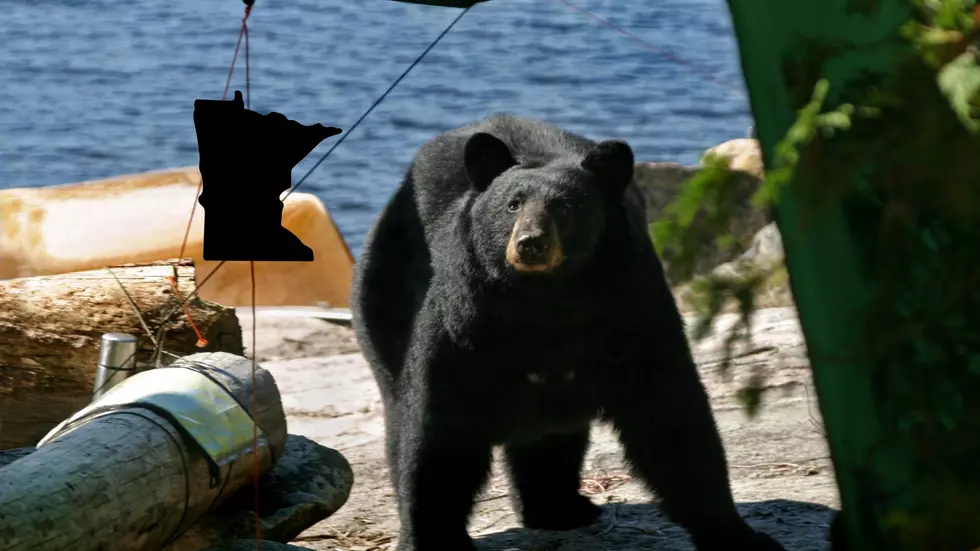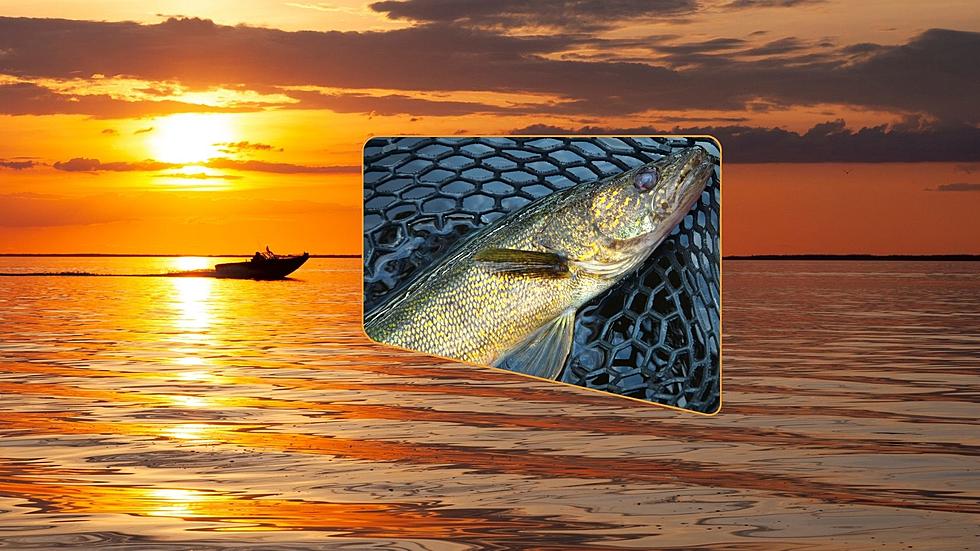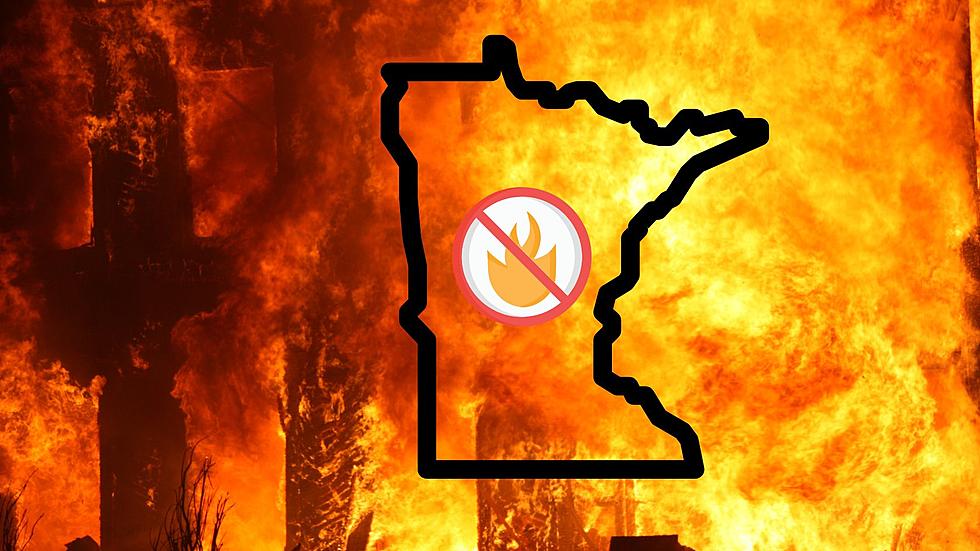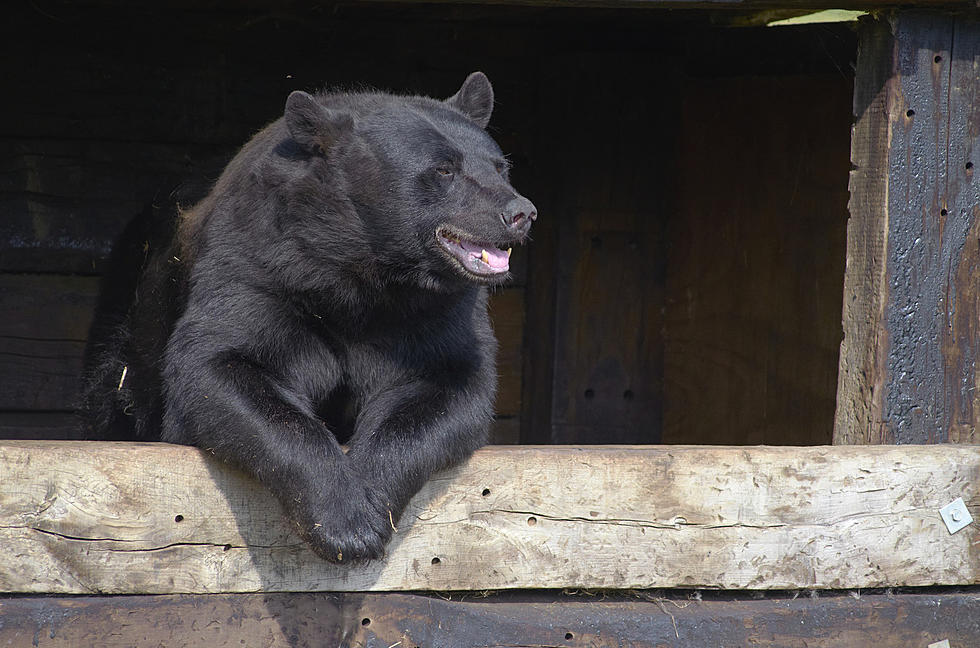
These Helpful Tips Will Help You Avoid Conflicts with Bears this Spring
It's that time of the year again in the Northland when bears are emerging from hibernation and they'll be looking for food wherever they can find it, even if it's in your yard.
The Minnesota Department of Natural Resources says that when bears emerge from hibernation, their metabolism ramps up. Unfortunately, berries and green vegetation are hard to come early in the spring, so they'll look for birdseed, garbage, livestock feed or anything to satisfy their hunger. Once they find a food source, they'll keep returning to that area.
The DNR adds that although bears looking for food rarely injure people as they tend to be shy and run away when encountered, it's still best to avoid bear conflicts as they are big, strong and fast. I also know that not all bears are shy as last summer we had one walk right past us while we were grilling and didn't seem to mind we were about 20 feet away. Two days later, our big friend stopped by again to say hello.

To play it safe, here are some helpful tips to help avoid bear conflicts on your property:
Around The Yard
- Any time you feed birds, you risk attracting bears. Avoid feeding birds from April 1 to November 15.
- If you still wish to feed birds, hang birdfeeders 10 feet up and 4 feet out from the nearest trees. Use a rope and pulley system to refill birdfeeders and clean up spilled seeds.
- Do not put out feed for wildlife (like corn, oats, pellets or molasses blocks).
Replace hummingbird feeders with hanging flower baskets, which are also attractive to hummingbirds. - Do not leave food from barbeques and picnics outdoors, especially overnight. Standard coolers are not bear-proof.
- Clean and store barbeque grills after each use. Store them in a secure shed or garage away from windows and doors.
- Elevate bee hives on bear-proof platforms or erect properly designed electric fences.
- Pick any fruit left on trees from last fall and collect any fallen fruit promptly.
- Cover all compost material added during the winter by turning the piles or covering with leaves, shavings, manure or other compostable material. If you compost household food scraps, consider securing it with an electric fence.
- Harvest garden produce as it matures. Locate gardens away from forests and shrubs that bears may use for cover.
- Use native plants in landscaping whenever possible.
- Store pet food inside and feed pets inside. If pets must be fed outdoors, feed them only as much as they will eat.
Garbage
- Store garbage in bear-resistant garbage cans or dumpsters. Standard rubber or plastic garbage cans are not bear-proof.
- Keep garbage inside a secure building until the morning of pickup.
- Properly rinse all recyclable containers with hot water to remove all remaining product.
- Store recyclable containers, such as pop cans, inside.
We can all take these precautions as we await the usual social media photos of black bears popping up in neighborhoods across the Northland.
Things You'll Never Hear Someone In The Twin Ports Say In The Springtime
LOOK: 15 Discontinued McDonald's Menu Items

More From B105
